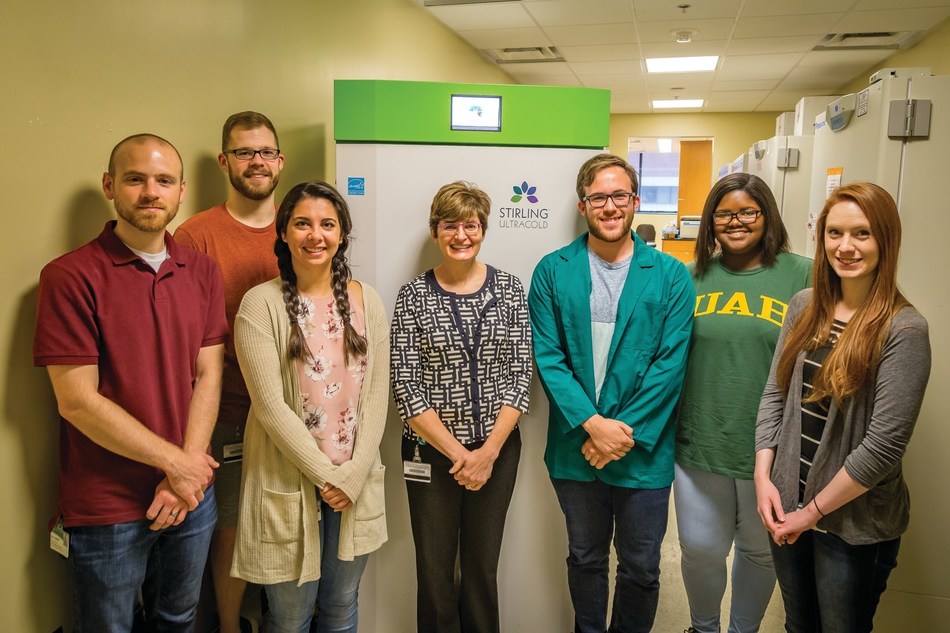
An ongoing effort at the University of Alabama at Birmingham (UAB) to increase the sustainability of laboratories has poised UAB to have the largest number of My Green Lab Certified labs at any institution worldwide by the end of 2020. UAB plans to have over 110 laboratories certified by the end of the year.
Laboratories are known to consume 3-5 times more energy and water than office spaces and produce large amounts of waste. To reduce their environmental impact, laboratories from dozens of organizations around the world, including academia, government, biopharma, and clinical labs, have participated in the Green Lab Certification program through My Green Lab, a non-profit organization with a mission to build a culture of sustainability through science.
The My Green Lab Certification, which was designed for individual labs, serves as a global sustainability benchmark for laboratories addressing best practices in energy use, water use, chemical use, waste generation, and procurement. The Green Lab Certification provides a way to compare laboratories around the world on their sustainable practices, despite the fact that every lab is unique.
Rachael Relph, Chief Sustainability Officer with My Green Lab says, “We are proud to be working with UAB on lab sustainability. Nick Ciancio has built a world-class program at UAB – truly a model for what a green labs program in higher education can look like. UAB has done a phenomenal job engaging campus groups, suppliers, and the labs to build a program that works on all levels.”
Green Lab Certification has allowed UAB’s Green Labs Program to grow quickly and shift the culture in labs toward sustainability. Nick Ciancio, Green Labs Coordinator at UAB says that “one of the best parts about the [Green Lab Certification] program is that it is just really easy and intuitive for researchers to get involved. Because we partner with My Green Lab, it’s easy for us to…have several labs taking the survey at once, and it allows us to get data from many different laboratories and see what [they] want in regard to sustainability initiatives…”
A unique aspect of the lab sustainability program at UAB is that they require labs to get Green Lab Certified as a prerequisite to participation in any of the campus’ lab recycling opportunities – opportunities made possible by outstanding student interns such as Megan Julian, who coordinates lab recycling. “One thing we are particularly proud of is the amount of waste that we’ve managed to divert from landfill,” explains Nick. “At UAB, if you want to recycle pipette tip boxes, ice packs, styrofoam, or any of the materials that are recyclable from a lab, you have to be a Green Lab participant, it is a requirement. Giving researchers the opportunity to recycle has really driven people’s desire to participate in the Green Lab Certification program, and we’ve actually diverted over 50,000 pounds (25 tons) of waste from the landfill since fall 2018.”
UAB’s Green Labs Program was founded by Nick in 2017. Just three years later, UAB is now one of the leading universities in lab sustainability, with the number of labs participating in Green Lab Certification doubling in the last year alone. Rachael Relph reflects, “As we celebrate the 50th anniversary of the first Earth Day, we should look to the success of UAB’s program in engaging scientists and reducing the environmental impact of research as a model of what can be achieved. There is a need for programs like this in research institutions around the world. If every scientist were to build a culture of sustainability in their lab, the global impact would be substantial.”
